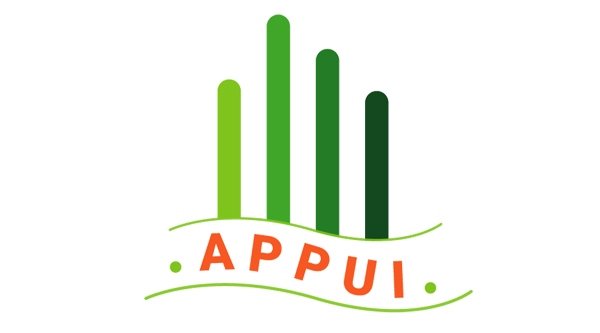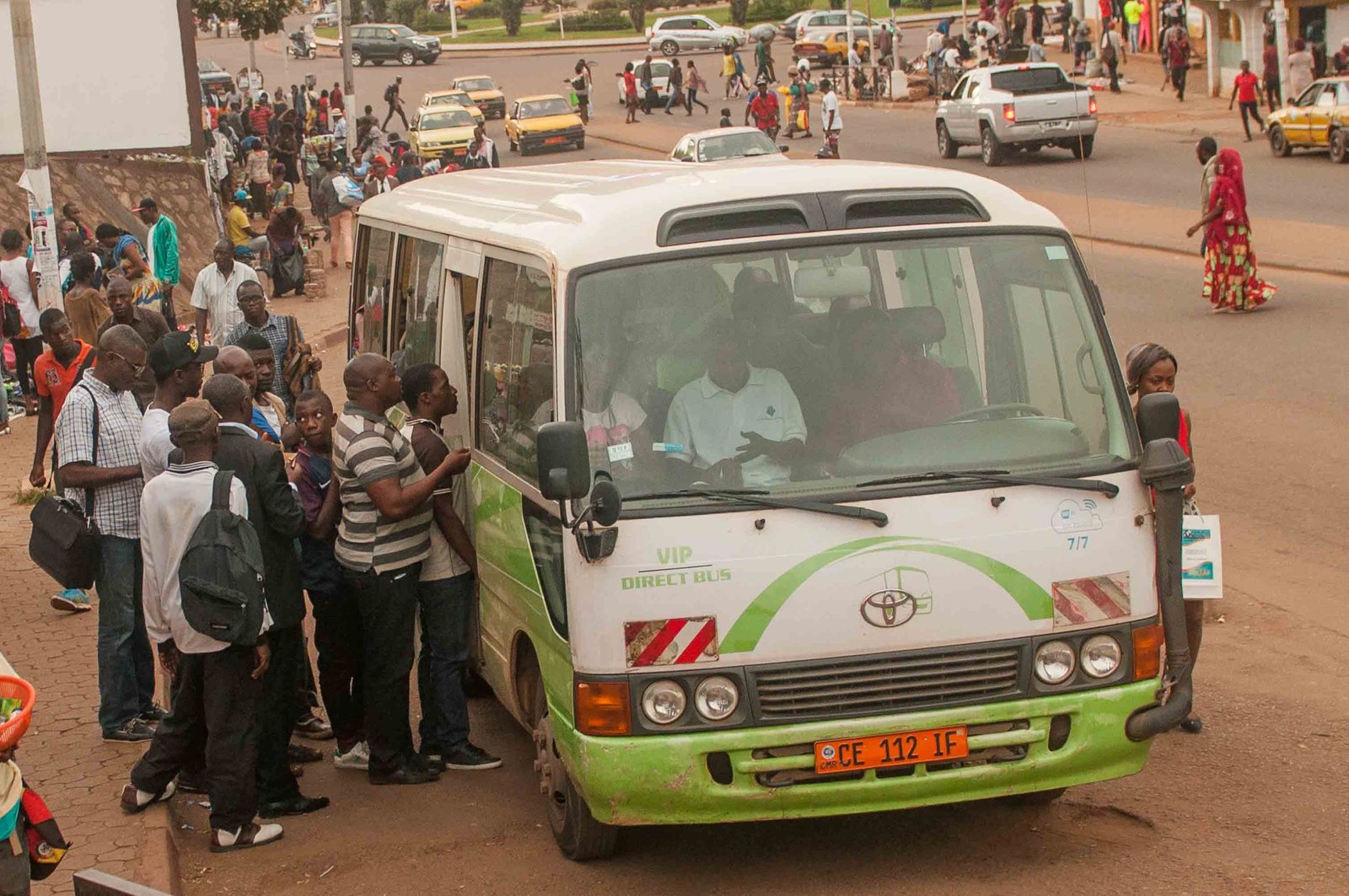Pourquoi APPUI?
La gouvernance des villes, des collectivités locales et des organismes publics pose de nombreux problèmes. Avec les mouvements de fond puissants comme: les évolutions démographiques, les changements climatiques, la raréfaction des ressources naturelles et financières, la transformation des modes de vie et des pratiques sociales, les conditions de vie de la population urbaine seront révoltantes dans la plus part des pays en voie de développement, notamment les pays d’Afrique subsaharienne. L’urgence est de rompre avec les anciennes pratiques et d’opérer un changement en profondeur pour engager la gestion urbaine dans une nouvelle voie. Notre ambition est de promouvoir et défendre les données urbaines. A partir des données, nous voulons unir tous les acteurs urbains pour rétablir ensemble un changement en matière de développement et d’aménagement urbain.
Quel est le projet d’APPUI?
L’idée est de définir une problématique alternative au phénomène de l’urbanisation rapide, désordonnée, précaire et l’éventail de solutions proposées actuellement, inefficaces au vue des résultats obtenus (5R - réhabilitation, rénovation, restructuration, régénération, résorption, gérer les événements d’urbanisme, cartographier les espaces, etc.). En effet, la vision d’ensemble et la transversalité font actuellement défaut dans la gestion urbaine. Nous sommes convaincus que la maîtrise des données peut contribuer à la mise en place d’une vision globale, cohérente et transversale du développement et d’aménagement urbain. La donnée apportera l’innovation, la transparence et l’économie. Elle peut servir de guide dans les prises de décisions.



Quelles approches stratégique et opérationnelle d’APPUI?
- Approche stratégique
- à l’étude des mécanismes d’intégration et d’interopérabilité des systèmes d’information urbains. Ensuite, l’analyse, le croisement des données de sources multiples, hétérogènes, incomplètes et la production des indicateurs de développement et d’aménagement urbain comparables.
- à la création des « communautés intelligentes » et la constitution du premier réseau d’acteurs urbains pour promouvoir et défendre les données urbaines au Cameroun.
- Approche opérationnelle
- la capitalisation des connaissances sur le milieu urbain dans une plateforme fédératrice des données dénommée YUSIIP (Plateforme d’Intégration et d’Interopérabilité des Systèmes d’information Urbains de Yaoundé).
- • la création d’une « communauté intelligente » et constitution d’un réseau d’acteurs urbains à Yaoundé pour l’échange et le partage des données en vue de coproduire et/ou de co-construire la ville.
Données urbaines et gestion urbaine, le duo parfait !
L’amélioration du quotidien des populations urbaines est ou sera le travail de tous les jours des acteurs urbains. Les données urbaines sont des briques de base qui permettent à ces intervenants du champ de la gestion urbaine: de l’étudier pour connaître les dynamiques urbaines, d’élucider les besoins et les usages des utilisateurs, d’alimenter leurs systèmes d’information, d’aider à booster leur performance, de réaliser des services innovants et d’analyser pour l’améliorer. Les données sont donc la matière première indispensable à la création de l’intelligence urbaine. Quant à la gestion urbaine, elle concerne d’une part, la gestion quotidienne de la ville (entretien des réseaux, du patrimoine, des services, des procédures et réglementations d’urbanisme), et d’autre part, son développement (planification, programmation, opérations, etc.). Ces deux dimensions font appel à des pratiques professionnelles spécifiques et à des données et/ou types d’informations particuliers. La gestion urbaine et les données répondent aux mêmes objectifs : être des leviers de l’optimisation de la ville et assurer aux acteurs urbains la maîtrise, la durabilité et/ou la pérennité des solutions devant garantir les meilleures conditions de vie aux populations.


Pourquoi est-il important de maîtriser les données urbaines ?
Les données (urbaines) ont un grand potentiel. L’utilisation des données permet de mieux comprendre les comportements des populations urbaines (citadins) et de proposer des réponses adaptées à leurs besoins. De ce point de vue, l’analyse des données urbaines offre de nouveaux champs prometteurs :
- l’ajustement des politiques publiques au plus près des individus ;
- le décloisonnement des politiques publiques ;
- l’abandon des approches en silo pour la gestion urbaine;
- l’optimisation de la ville (donnée est un levier d’optimisation de la ville).
Quelles sont les missions d’APPUI ?
- Promouvoir et défendre les données urbaines (collecte, traitement, croisement, valorisation, partage, conservation, réutilisation, etc.).
- Alimenter les réflexions sur l’innovation urbaine.
- Générer de nouvelles manières de travailler ensemble (valoriser les initiatives pionnières, en suscitant l’échange entre les différentes parties prenantes).
- Favoriser la participation des citoyens dans l’adoption des nouveaux comportements urbains responsables et innovants.
- Contribuer à la bonne gouvernance territoriale (e-collectivités).
- Développer des outils de coproduction et/ou de co-construction de la ville.
Quelles sont les enjeux auxquelles les villes, les collectivités locales et les entités publiques sont confrontées ?
Les villes, les collectivités locales et les entités publiques sont confrontées aux enjeux de plusieurs ordres:
- Optimiser les ressources naturelles présentes sur des territoires (l’eau, l’énergie, l’espace, etc.).
- Optimiser les infrastructures existantes (les bâtiments, les routes, les réseaux).
- Optimiser les ressources financières en constante diminution.
Chiffres clés
- 2018, année de création d' APPUI
